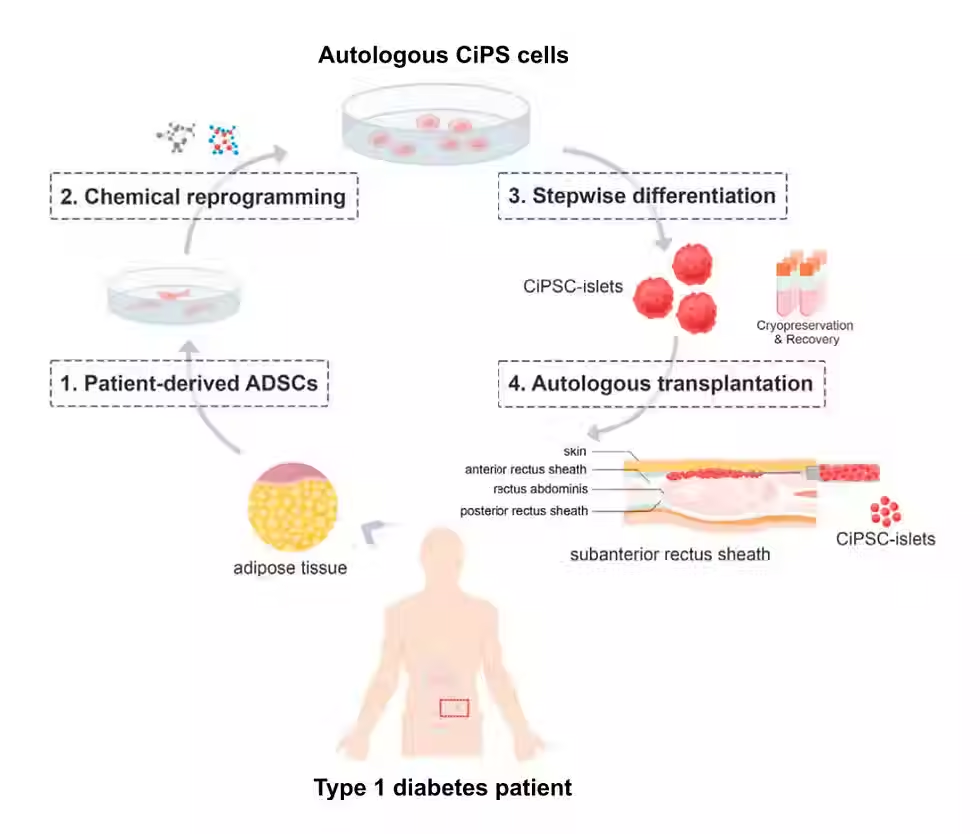Another Promising Path to No Immunosuppression
- EM
- Jun 21, 2025
- 1 min read
The UP421
The UP421 trial represents a pioneering Phase I study involving human participants, which is evaluating a novel immune-evasive islet cell therapy for type 1 diabetes (T1D).
This initiative, developed by Sana Biotechnology and executed at Uppsala University Hospital, seeks to restore the body's natural insulin production without the need for immunosuppression, marking a significant improvement over existing islet transplantation techniques.
This trial took place at Uppsala University Hospital in Sweden, led by Sana Biotechnology, utilizing hypoimmune (HIP) modified donor islet cells to avoid immune rejection. A 42-year-old male, diagnosed with T1D at the age of 4, received the transplant in the muscle of his forearm.

Early Success
Cell Survival: MRI scans have confirmed the persistence of the graft in the forearm muscle.
Insulin Production: Sustained C-peptide secretion (notable post-meal increase) demonstrates the presence of functional beta cells.
Safety: No adverse events or signs of immune rejection have been observed.
No immunosuppression was required, and there were no safety concerns noted at the 12-week mark.
Future Plans
The initiative aims to scale up with stem cell-derived islets (SC451 program) for broader application.
This represents a potential cure for T1D, although larger studies are necessary to validate long-term effectiveness.



Comments